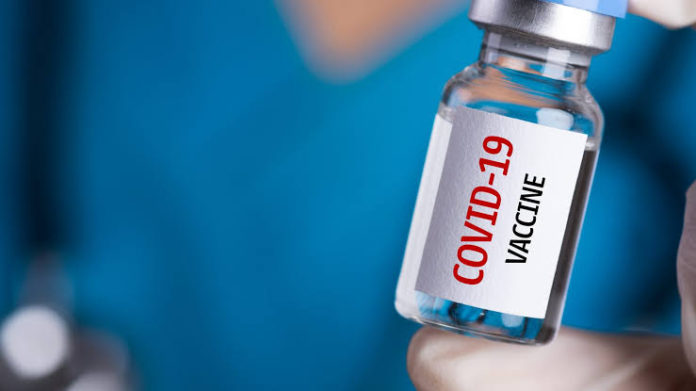An opinion by Drew Povey
The Covid-19 continues to hit the headlines and many people are now discussing vaccination against the pandemic. Several vaccines have now completed their medical trials and are being rolled out in a number of countries. Some people have raised fears about the safety of these vaccines and whether vaccines developed in industrialised countries will be safe for Nigerians. But the real concern could be how quickly 60% of Nigerians can be vaccinated (for herd immunity) – or at least vaccinate the high risk groups, health care workers and the elderly.
Fears about vaccines do have firm foundations in the history of Nigeria. This is mainly based on the notorious Pfizer’s Trovan trial undertaken in Kano in1996. During a serious outbreak of meningitis, Pfizer, an American company, undertook a trial of a new anti-biotic they had developed. 200 children were involved in this trial. One hundred children were given the new drug and the rest the best known cure for meningitis. Eleven of the children involved in this trial unfortunately died, five who had received the new drug. After many contested court cases in Nigeria and US, Pfizer eventually reached an out of court settlement with Kano Sate Government worth $75 million in 2009.
But it is not just African babies that the pharmacy companies have put at risk. Thalidomide was licensed in July 1956 for over-the-counter sale (no doctor’s prescription was needed) and was then used in many countries. It is estimated that over 10,000 babies were affected by the drug worldwide in the six years of its use. Around half died within months of being born but many suffered from their deformities all their lives. Court settlements were eventually made over the following decade to compensate the victims. No-one was found guilty of any crimes. But it did lead to greatly increased testing of all new drugs.
In 2003 three states (Kano, Kaduna and Zamfara) boycotted the polio vaccine. Those campaigning for the boycott claimed the vaccines were contaminated with anti-fertility drugs, HIV or cancerous agents. But the loss of public trust after the Pfizer trial and the US/British invasion of Iraq of that year played their parts. As a result, thousands of children may have contracted polio and so become disabled. By 2006 80% of global polio cases were in Nigeria (with over a thousand cases) half of the global cases were still found here in 2012. Four years later Nigeria was said to be free of polio, with the last case identified in Borno State in 2016.
The same Pfizer company involved in the Trovan case in Kano is now to provide the first 10,000 doses of the Covid-19 vaccine by the end of January. The international donor body, Covax, hopes to provide sufficient doses to inoculate 20% of the population and the Federal Government has pledged N540 billion for further vaccines which would probably reach the 60% level for heard immunity. But Prof. Usman Yusuf, former head of the National Health Insurance Scheme, questions why the equivalent of the whole annual Federal health budget should be spent on one disease. Officially Covid-19 has led to less than 1,500 deaths in Nigeria in total, compared to an estimated 2,000 who die each week from malaria. With a limited health budget many more lives could be saved if action was taken on the key diseases of poor people, like neonatal conditions, diarrhoeal diseases, tuberculosis, malaria and air pollution.
Frontline health workers, first responders, the elderly, national leaders, and people who are vulnerable to the coronavirus are said to be going to receive the vaccine first. Why are national leaders included in this list? Are they really so vital? It appears that the rich, as usual, will receive the vaccine leaving the poor majority to stand in line. Ex-Vice President Atiku Abubakar became the first Nigerian citizen to receive a dose of the COVID-19 vaccine in Dubai, United Arab Emirates (UAE). How many of us can afford to fly to Dubai to get the vaccine?
The health worker trade unions organised in JOHESU need to add the demand for vaccination of all health workers to their list of five demands for their planned strike. They also need to ensure that the vaccines are held and transported under the proper conditions to ensure that the vaccines remain effective.
We all need to campaign for the vaccine for the poor majority on a proper risk basis, so there must be no fees for the vaccines and they must only be provided with full consent. We also need to demand that lockdowns are not re-introduced without proper support for the poor and those working in the informal economy.






